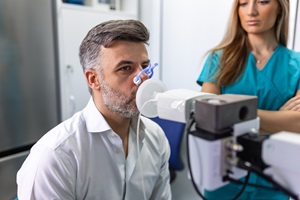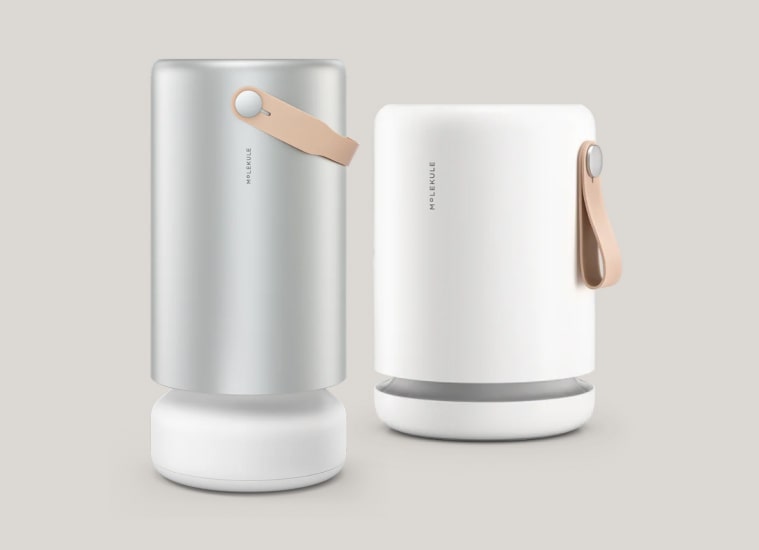Demystifying Pulmonary Function Testing: Assessing Lung Health

Pulmonary function testing (PFT) is crucial in assessing lung health and diagnosing respiratory conditions. This post will delve into what PFT entails, its significance, and how it can help manage conditions like asthma and COPD.
Understanding Pulmonary Function Testing
Pulmonary function testing (PFT) is a group of tests that measure how well your lungs work. These tests can help diagnose respiratory conditions, determine the severity of lung problems, and evaluate the effectiveness of treatment. The most common types of PFTs include:
Spirometry: This test measures how much air you can breathe in and out of your lungs and how fast you can exhale.
Lung volume tests: These tests measure the air volume in your lungs and how well you can breathe in and out.
Diffusion capacity tests: These tests measure how well oxygen moves from your lungs into your bloodstream.
Uses of Pulmonary Function Testing
PFTs are used to diagnose various respiratory conditions, including asthma, chronic obstructive pulmonary disease (COPD), and restrictive lung diseases. These tests can also help determine the severity of these conditions and monitor how well treatment works. Additionally, PFTs can help identify lung problems before symptoms occur, allowing for early intervention.
Benefits and Limitations of PFTs
PFTs provide valuable information about lung function, allowing healthcare providers to make informed treatment decisions. These tests can help diagnose respiratory conditions, determine the severity of lung problems, and evaluate the effectiveness of treatment. However, PFTs have some limitations. They require cooperation from the patient, and they cannot diagnose all lung conditions.
Scheduling An Appointment
Pulmonary function testing is valuable for assessing lung health and diagnosing respiratory conditions. By providing objective lung function measurements, PFTs help guide treatment decisions and monitor disease progression. If you’re experiencing respiratory symptoms or have a known lung condition, call 805-658-9500 and talk with a healthcare provider from Allergy, Asthma, and Immunology Medical Group about the benefits of pulmonary function testing.




